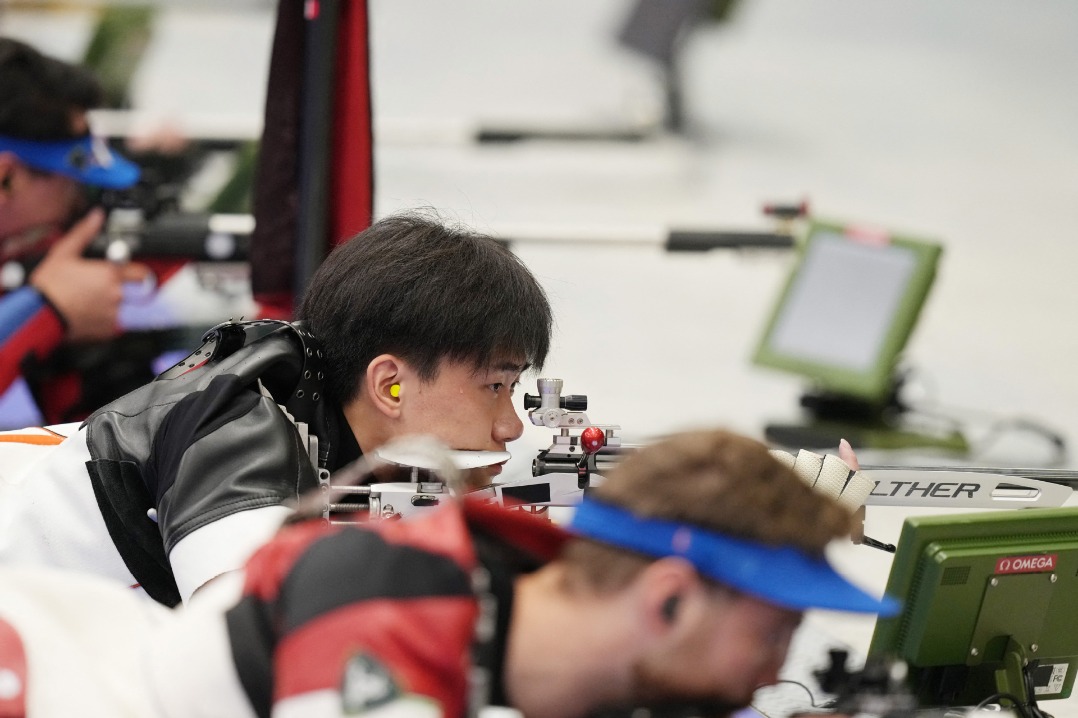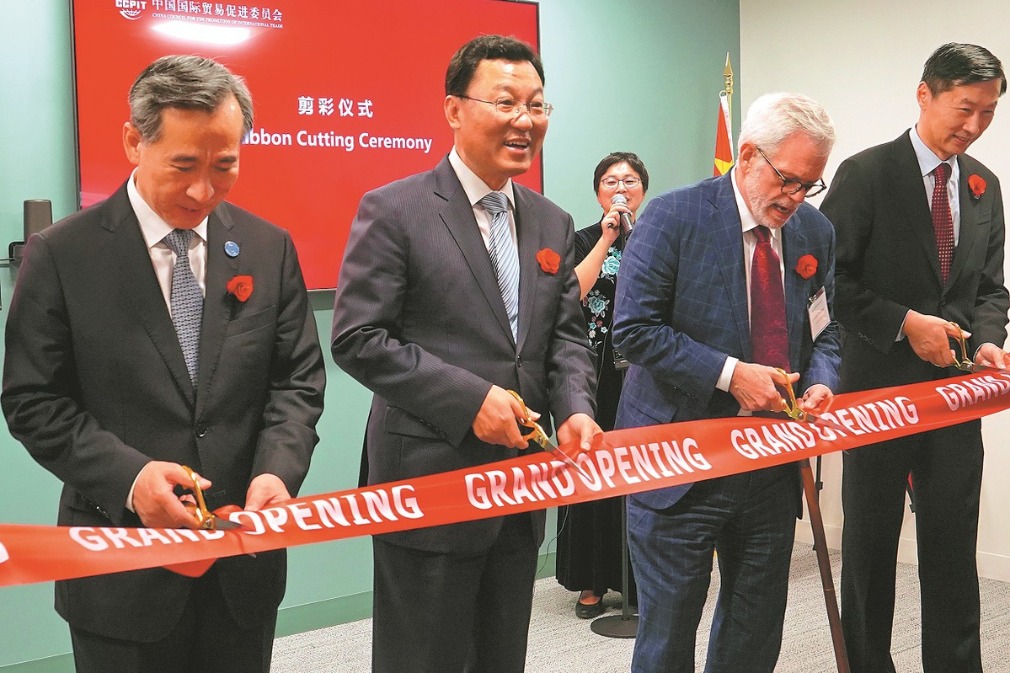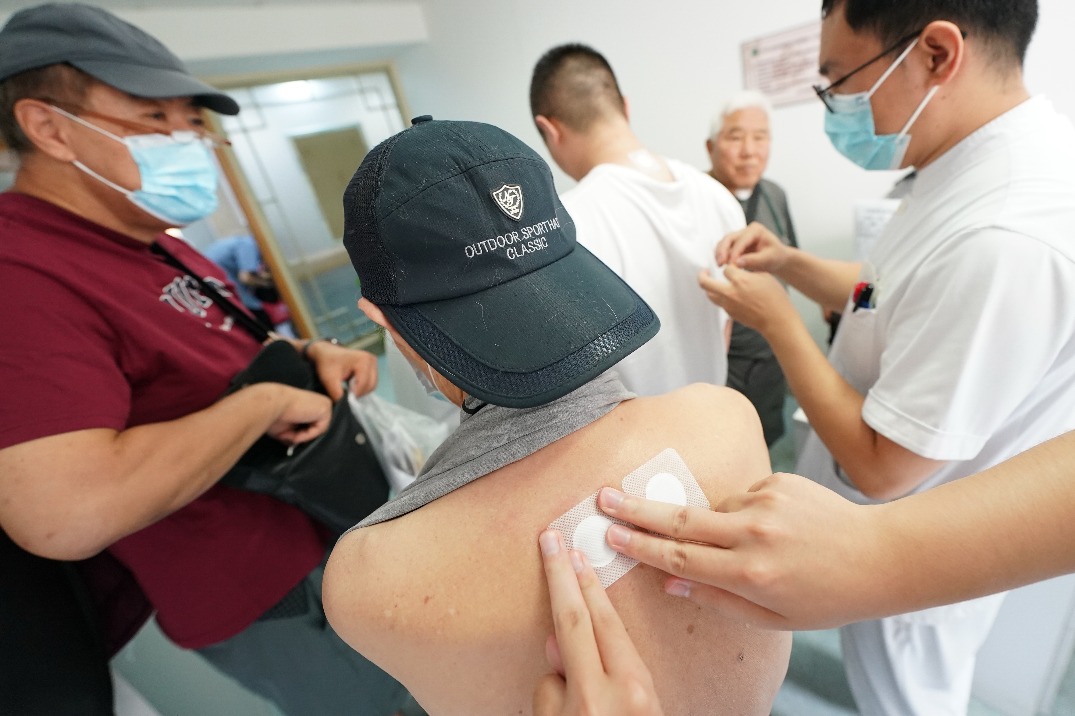Xizang official denounces 'forced boarding schooling' smears from overseas
Xinhua | Updated: 2023-11-10 13:27

BEIJING -- A senior official of Southwest China's Xizang autonomous region on Friday categorically rejected the overseas allegations of "forced enrollment of Tibetan children in boarding schools" as deliberate smears.
Xu Zhitao, vice-chairman of the government of the Xizang autonomous region, made the remarks while addressing a press conference in Beijing.
Xu emphasized that according to China's Law on Compulsory Education, governments at or above the county level may, in light of need, establish boarding schools to ensure that school-age children and adolescents who live far from school receive compulsory education.
This policy is designed to guarantee equal access to education for all citizens, addressing the challenges faced by children living far from schools and parents struggling to provide care. It also ensures equal educational opportunities and personal development, thereby promoting national educational advancement and well-rounded human development.
Xu highlighted that the establishment of "boarding plus day school" models is a common practice not only in Xizang but also in each of China's other provincial-level regions.
This approach, particularly in rural and pastoral areas, has been a natural choice in the educational practices of different regions, aligning with the basic national conditions of China and meeting the educational needs of the people, he said.
Regarding the alleged "forced enrollment of Tibetan children in boarding schools," Xu dismissed these claims as deliberate smears. He emphasized that certain areas in Xizang, due to high altitude, harsh natural conditions, and widely dispersed populations, face significant challenges in terms of access to education.
"The 'boarding plus day school' model is a necessary measure to ensure that children in these areas have access to education and can equally benefit from high-quality educational resources," Xu said.
The Xizang autonomous region has implemented the "Three Guarantees" policy within boarding schools, covering food, accommodation, and school expenses, while also actively involving students' families in school management and planning through parent committees and open days.
"The choice between boarding and day school is entirely based on the voluntary decisions of students and their parents," Xu stressed.
Xu also highlighted the fundamental differences between China's boarding education system and the "colonial-style boarding schools" established in certain Western countries in the last century.
He said China's boarding education is diverse, people-centered, and dynamic, serving as a positive and effective means to develop the educational sector and improve the overall education coverage.
"This approach fully embodies the public welfare nature of education, meeting the people's demands for high-quality educational resources and providing an excellent learning environment for children, especially those in remote areas, thus serving as a key to unlocking a brighter future for them," he concluded.
























